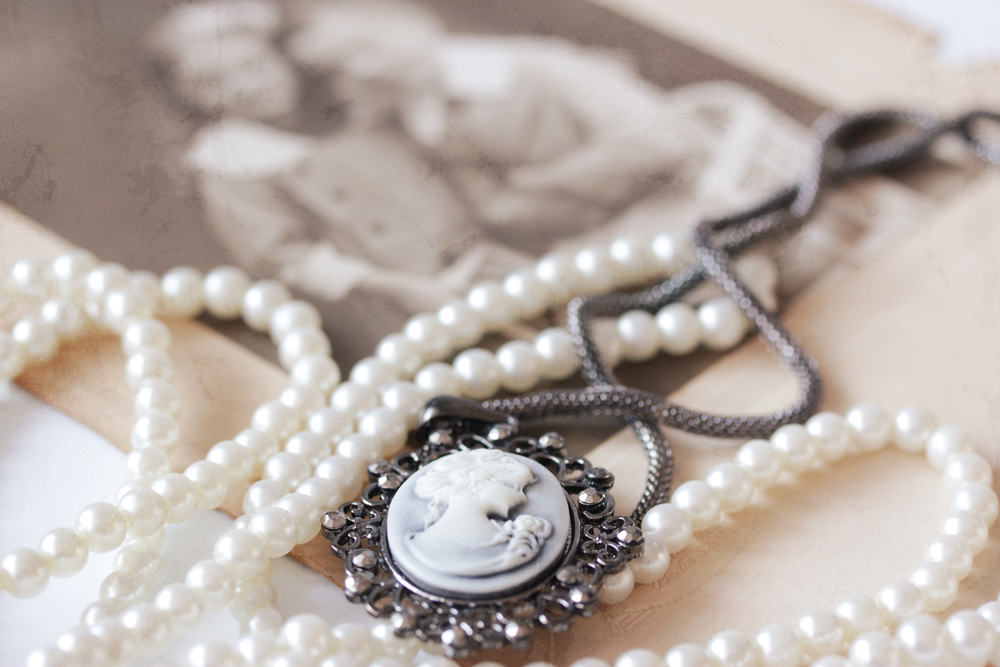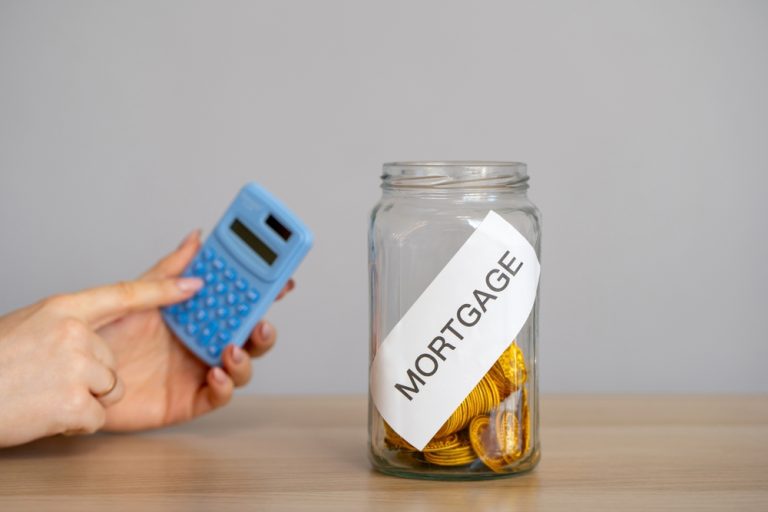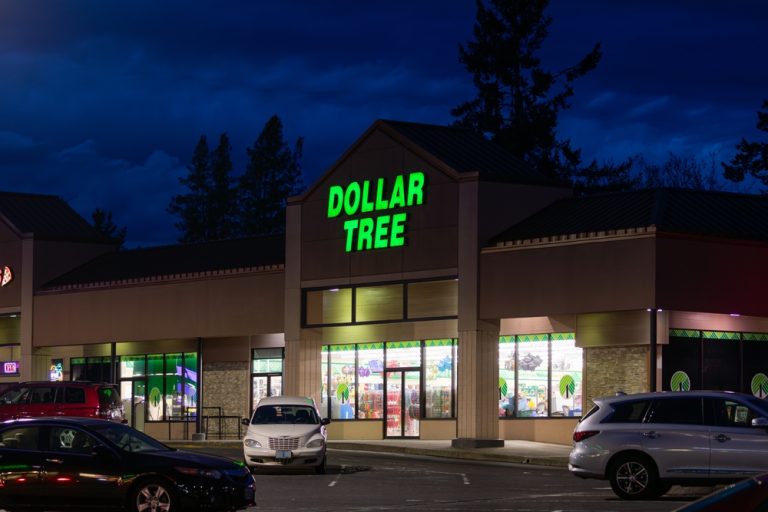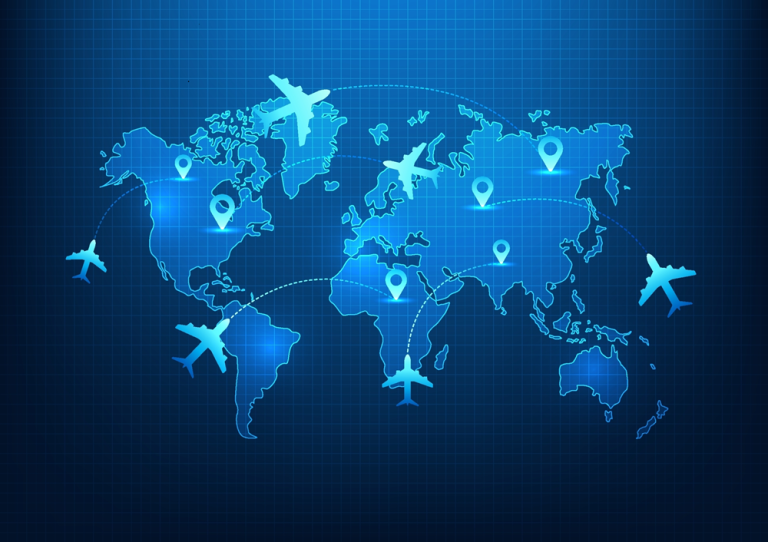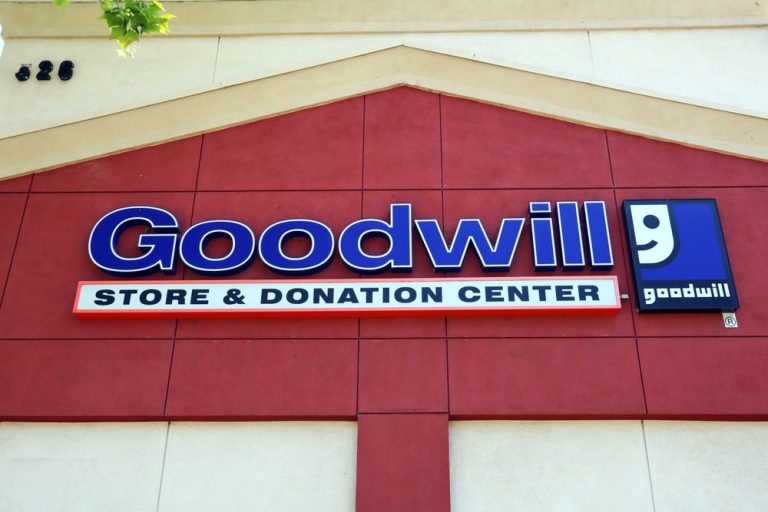Cash might have been king in the past, but nowadays, in the digital era, fewer and fewer people use cash to pay for their purchases. The convenience of tapping a card, using a smartphone, or clicking a button online has made physical currency feel almost obsolete for many daily transactions. Obviously, having cash on hand can be advantageous in certain situations like at the flea market, when paying for gas, for small purchases at a local deli, or when you don’t want your purchase to show up on a bank record. It remains a reliable fallback during power outages or when digital systems are down.
However, using cash also comes with its own disadvantages, as most financial experts tend to agree. The lack of a digital trail can be a significant drawback, and the physical nature of cash makes it vulnerable to loss or theft in a way that digital money is not. “While cash may offer some benefits, such as anonymity and control, it can also be risky and impractical for certain types of transactions,” says financial expert Chris Ratigan, VP of business development at Monterey Financial Services. “Carrying large sums of cash is a security risk, and for significant purchases, it provides no record for warranties, returns, or disputes. By using alternative payment methods, such as credit cards, you can protect yourself and your finances through features like fraud protection, chargebacks, and built-in purchase insurance.”
That being said, here are 5 purchases you should never make with cash, along with a few instances where physical money still reigns supreme.

Cars
Buying a car can make a huge dent in someone’s budget, often representing one of the largest purchases a person makes aside from a home. As explained by Jack Prenter, CEO of DollarWise, care dealers usually “charge low-interest rates because they know that the average consumer can’t afford the cost upfront”. Therefore, even if you have the financial resources to buy the car in cash, it’s sometimes wiser to take advantage of the low interest rate, stick with the cash and invest it. That cash could be placed in a high-yield savings account or a conservative investment fund where it could potentially grow at a rate higher than the interest on your auto loan, effectively making you money.
This is usually valid when it comes to large purchases such as cars or houses. The logistical challenge and security risk of handling tens of thousands of dollars in physical currency is immense. Not only can you get robbed of your cash, when having large amounts of cash, but for such purchases it’s essential that you have bank records of the deals. A clear digital or paper trail from a bank transfer, cashier’s check, or loan document is critical for title transfers, registration, and proving ownership. This documentation can be vital in resolving any future disputes regarding the vehicle’s title or sale terms.
You might also learn something useful by reading this article on:10 Things Frugal People Never Do and Neither Should You
Bills
Purchases that have to be paid based on contracts, such as rent, utilities or insurance, should not be paid in cash, says Natalie Warb, financial expert at CouponBirds. These recurring payments are foundational to your financial stability, and proof of payment is non-negotiable. Instead, she suggests using credit cards, money transfers or debit cards. Setting up automatic payments for these bills can also help you build a positive credit history and avoid costly late fees, something that paying with cash cannot do.
That’s because payment in cash cannot be recorded and tracked as easily as digital payments. Your only payment evidence is a printed receipt which can be easily misplaced or lost, fade over time, or be disputed. Imagine a landlord dispute where they claim you’re behind on rent; a bank statement showing the transfer is undeniable proof, whereas a lost cash receipt leaves you in a vulnerable “he said, she said” situation. Digital payments are preferred because you can make them from your couch, without having to go in person. In addition, it’s a good method to keep track of your monthly spending and adjust it accordingly, says Warb. This digital ledger makes budgeting far more manageable.
According to Bailey Schramm, finance advisor at BizReport, medical bills, which can be quite costly, should never be paid in cash. This is especially true when dealing with insurance. Lack of a payment record can make it difficult to receive any insurance reimbursement. Insurers require meticulous documentation, including proof of payment for services rendered, and a digital transaction provides a clean, easily shareable record that satisfies their requirements and speeds up the reimbursement process.
See also 5 Subtle Ways You Are Sabotaging Your Budget
Travel expenses
Whether you want to book a hotel room, flight or rent a car for a future family holiday, financial experts all agree that a credit card is the better payment option than cash. The layers of protection and perks are simply too valuable to ignore. For one, “many credit cards offer benefits like flight cancellation insurance, lost baggage insurance, and reimbursement for expenses if you need to stay overnight because of a canceled flight,” explains Prenter. These built-in travel insurance benefits can save you hundreds, if not thousands, of dollars in unexpected circumstances. Another situation when cash could work against you is if you need to leave your booked hotel room and get charged for facilities you didn’t use. You can ask for the support of the credit card company to get the money back but if you’ve paid in cash, it’s just you against the hotel administration. This consumer protection is a powerful tool when traveling.
Furthermore, many travel-focused credit cards offer primary collision damage waiver (CDW) for rental cars, allowing you to decline the expensive daily insurance offered at the rental counter. Cash payments offer none of these protections. If your cash is stolen while on vacation, it is gone for good. If your credit card is stolen, you can cancel it with a phone call and are typically not liable for any fraudulent charges. Needless to say, cash payments will not bring you any rewards points or cash-back offers provided by credit card companies for travel expenses, which can be redeemed for future flights and hotel stays, making your next trip more affordable.
Check out: Healthy Spending Habits? 5 Rules the West Coast Can Learn from The East Coast
Electronics
This is another example that financial experts recommend against using cash. Purchases such as television sets, laptops, smartphones, and the like, should always be paid by credit card or debit card, say money specialists. These items are significant investments and often come with complex warranties and potential for defects. The main reason is that these digital methods provide better protection in case there’s a problem with the product or its delivery. This protection starts the moment you click “buy” and continues long after the product arrives.
In many cases, credit card companies provide extended warranties if items break during shipment or even after the manufacturer’s warranty expires, often adding an extra year of coverage for free. This can be a lifesaver for expensive gadgets. As explained by Prenter, if you order and don’t receive an online product, it might be necessary to do a chargeback. This process allows your card issuer to reverse the payment to the merchant while they investigate the dispute. In such cases, paying in cash will not be of much help, as you might end up without the product and the money, with very little recourse to get your funds back.

Business expenses
Looking to upgrade your office with some new furniture? Need to fill up your rank for a work-related trip? Taking a client out to lunch? These are all business expenses that should never be paid with cash. That’s because such expenses need to be properly recorded so that they can be reimbursed or taxed on behalf of the company, says Nikolay Iliev, a personal finance expert and founder of the VAT. Accurate and thorough record-keeping is the cornerstone of business finance, and cash makes this process incredibly difficult and prone to error.
In some cases, credit cards might not work. If so, use checks or money transfers. Anything that creates a clear, documented transaction is preferable to cash. It’s easier to track than collecting all the cash receipts for all the work-related purchases you’ve made. Thermal paper receipts fade over time and are easily lost, which can lead to missed tax deductions and reimbursement headaches. It’s also safer to use digital methods with clear track records in the case of audits, especially if you’re self-employed or have a business of your own. A dedicated business credit card can automatically categorize your spending, simplifying bookkeeping and providing robust, downloadable reports when it’s time to file taxes.
On the other hand, if you’re still old school and can’t give up using cash, it’s important to know when it’s not just acceptable, but actually smarter to use physical money. Check out what financial experts had to say about situations when cash is recommended. Read on to find out a few purchases you should always make with cash.
-
Items you might return
If you’re not really sure about your purchase and think you might return it at some point, then paying with cash is a better option, explains Steven Holmes, a financial expert and the senior investment advisor at iCash. This is particularly true for items like clothing, shoes, or home decor where you might need to see the item in your own space or try it on before committing fully.
This method will prevent you from having to wait to get a refund. Presently, most stores give your money back using the original method of payment used for your purchase. If you’ve used a credit card, you’ll get the money in your bank account, but this could take several days to process and appear on your statement. This delay can be inconvenient if you need access to those funds immediately. If you have a cash receipt, you’ll get a refund instantly after returning the product. You can walk out of the store with the money in your wallet, ready to be used for something else without any waiting period.
-
Online secondhand purchases
Online marketplaces such as Facebook or Craigslist are widely popular. And why shouldn’t they be, as they can save you some pretty bucks on your purchases? These platforms connect you directly with sellers for everything from furniture to collectibles. However, according to Jake Hill, a financial expert and the CEO of DebtHammer, not just any payment method is safe when it comes to purchases from online sellers. After all, they are complete strangers and cannot be fully trusted. Instead of using a credit card and risking being scammed, or using a peer-to-peer payment app with no buyer protection, opt for cash on delivery.
Insisting on an in-person exchange using cash is the safest approach. This allows you to thoroughly inspect the item to ensure it’s as described and in good working condition before you part with your money. This simple step protects you from common scams, such as receiving a broken product or something entirely different from what was advertised. With cash, the transaction is final only when you are completely satisfied with the item in your hands.
-
Getting gas
Next time you want to pay for gas, use cash instead of a credit card, recommends Bill Ryze, a certified financial consultant and board advisor at Fiona. For one, you might get a discount for paying with cash. This discount can range from 5 to 15 cents per gallon, which can add up to significant savings over time. Secondly, to balance the effect of transaction fees from banks and credit card companies, gas stations have higher prices when customers pay with credit cards. It might be unfair but it is what it is. Why pay as much as 40 cents more with credit cards, when you can easily get the same at a cheaper price?
Not to mention you avoid getting your sensitive information stolen, as some gas stations might be the target of cyber criminals. They use devices called “skimmers” to steal your credit card info, warns Williams Bevins, CFP, a licensed financial advisor based in Franklin, Tennessee. These skimmers are often cleverly disguised and placed over the real card slot on unattended pumps. While banks offer fraud protection, having your card compromised is a major inconvenience. Using cash at the pump completely sidesteps this security risk.
-
Small Purchases at Local Shops
When you’re grabbing a morning coffee, a sandwich from a food truck, or a unique find at a farmer’s market, using cash is often the best choice. Many small, independent businesses run on very tight profit margins. By paying with cash, you help them avoid the 2-3% credit card processing fees that eat into their earnings. This means more of your money goes directly to supporting the local business and community. In some cases, small businesses may even offer a small discount for cash or have a minimum purchase amount for card transactions. Using cash for these small, everyday purchases is a simple way to be a more conscious consumer and support the local economy.







